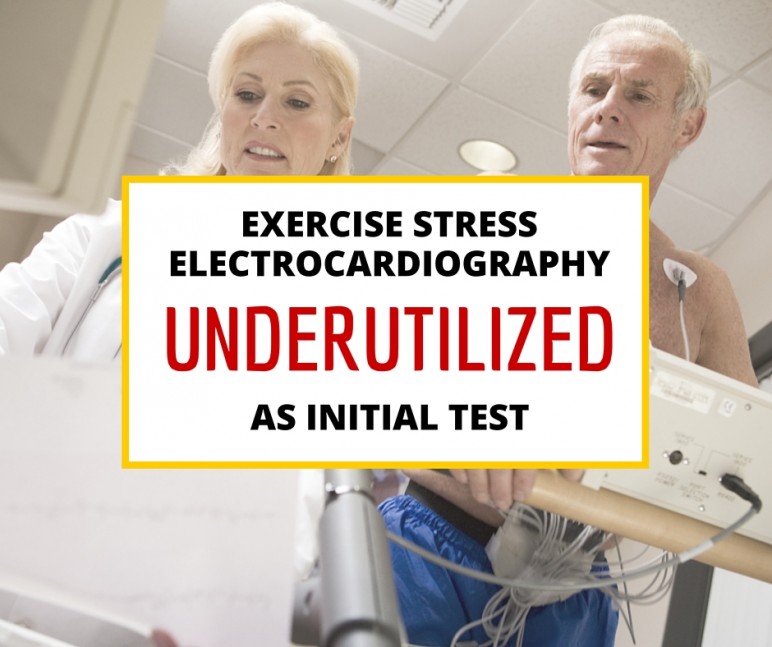New research in ultrasound out of Lund University in Sweden might be key to better, broader screening for cardiovascular risk.
A relatively simple mathematical calculation developed at Lund University can be used to interpret ultrasound signals and identify whether or not plaques consist of harmless connective tissue and smooth muscle cells or dangerous lipids and macrophages.
Continue reading VIDEO: Ultrasound identifies dangerous plaque

 More good news for TAVR interventions - better case selection contributed to significant reductions in complications and longer term mortality.
More good news for TAVR interventions - better case selection contributed to significant reductions in complications and longer term mortality.
